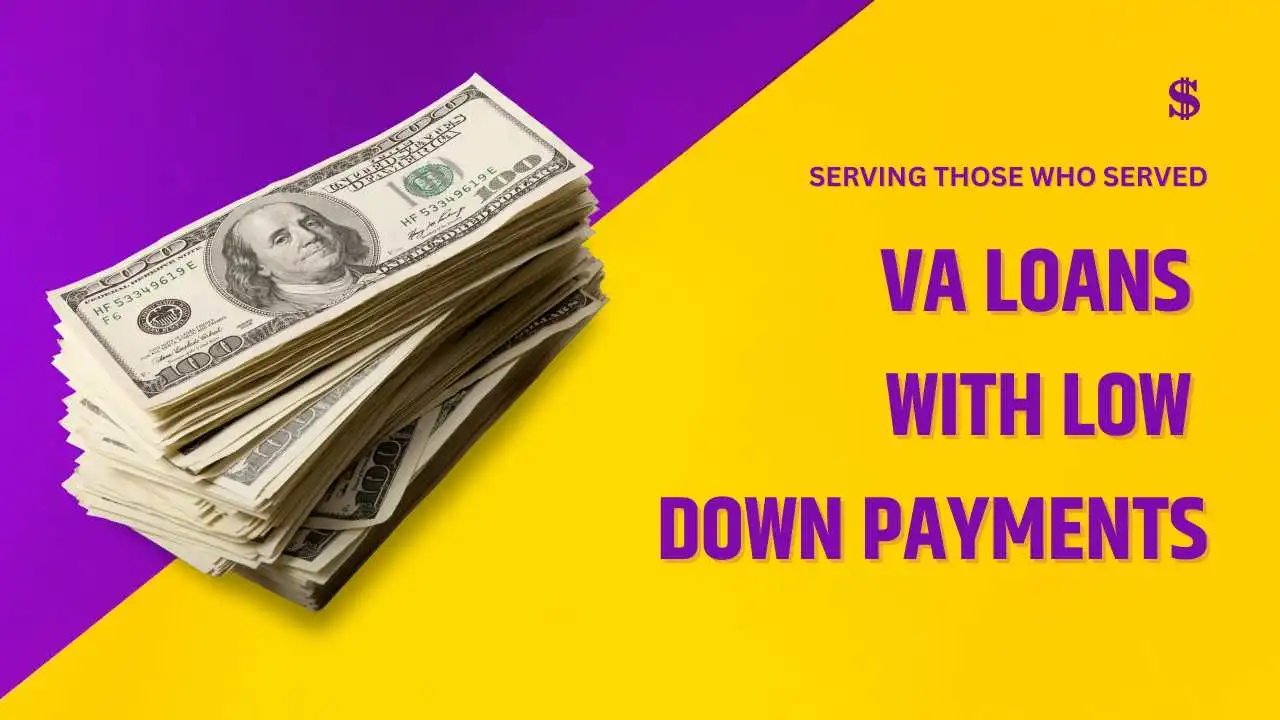Many people are interested in getting a home mortgage but have no clue as to what the requirements are. Lenders have many different types of criteria that they look for, and it is up to you to understand how to prepare yourself to get accepted for a home mortgage. Read on and learn about what you can do to better your chances of getting approved for a home mortgage.
When it comes to getting a good interest rate, shop around. Each individual lender sets their interest rate based on the current market rate; however, interest rates can vary from company to company. By shopping around, you can ensure that you will be receiving the lowest interest rate currently available.
Knowing your credit score is important before trying to obtain a mortgage. The better your credit history and score, the easier it will be for you to get a mortgage. Examine your credit reports for any errors that might be unnecessarily lowering your score. In reality, to obtain a mortgage, your credit score should be 620 or higher.
Know what your property value is before going through the mortgage application process. Your approval chances could be low because of a drop in actual value of your residence.
Don’t make any sudden moves with your credit during your mortgage process. If your mortgage is approved, your credit needs to stay put until closing. After a lender pulls up your credit and says you’re approved, that doesn’t mean it’s a done deal. Many lenders will pull your credit again just before the loan closes. Avoid doing anything that could impact your credit. Don’t close accounts or apply for new credit lines. Be sure to pay your bills on time and don’t finance new cars.
Before seeing a lender, get all of the financial papers you have together. Your lender requires that you show them proof of income along with financial statements and additional assets that you may have. When you have these documents organized and ready to present to the lender, you will avoid wasting precious time when applying for your mortgage.
You may wish to refinance without closing costs. You do not always need to spend your money to save money when you refinance. Many lenders will offer mortgages that have no closing costs. Lenders make up for these costs by charging you an interest rate that’s slightly higher. This slight increase sometimes translates into some extra dollars in your monthly payment, but you can save thousands in your closing costs.
Really think about the number of houses that you can afford. Banks will give you pre-approved home mortgages if you’d like, but there may be other considerations that the bank isn’t thinking of. Do you have future education needs? Are there upcoming travel expenses? Consider these when looking at your total mortgage.
Make sure you look at multiple mortgage lenders before settling on one. You definitely need to do some comparison shopping. There are a lot of different mortgage rates and deals out there, so stopping at just one could really mean wasting thousands of dollars over the life of your mortgage.
Pay your credit cards on time if you are considering a home mortgage in the next few years. Your credit score and debt-to-income ratios will come into play when you go for a home mortgage. If you have multiple late payments or are carrying a lot of debt, you may find the mortgage offers you receive to be poor.
Save up for the costs of closing. Though you should already be saving for your down payment, you should also save to pay the closing costs. They are the costs associated with the paperwork transactions and the actual transfer of the home to you. If you do not save, you may find yourself faced with thousands of dollars due.
Be sure to keep all payments current when you are in the process of getting a mortgage loan. If you are in the middle of the loan approval process and there is some indication that you have been delinquent with any payments, it may affect your loan status in a negative way.
Before signing a home mortgage, check out the lender. Don’t just trust in whatever they tell you. Ask friends and neighbours. Search online. Check out lenders at the BBB website. Go into any loan armed with the maximum amount of information you can find to save the maximum amount of money you can.
If you are thinking about changing jobs, try to wait until after your loan approval process is over. This is because the underwriter will have to go through the employment verification process all over again. They will also require you to submit paycheck information, which means that you would have to put the loan off until after you are paid a few times.
Many computers have built-in programs that will calculate payments and interest for a loan. Use the program to determine how much total interest your mortgage rate will cost, and also compare the cost for loans with different terms. You may choose a shorter-term loan when you realize how much interest you could save.
The best way to be sure that you take a mortgage which will continue to be easy to pay off in the future, is to take less than the maximum amount you are offered. If you have some extra money at the end of the month, you can put it away into an emergency fund instead of your mortgage.
Don’t be fooled by mortgage lenders that say there are “zero costs” to you at closing. It’s typically a marketing ploy. The mortgage company places those funds either into the loan itself, or they are charging you a higher interest rate for the zero-cost privilege. Either way, know that you are paying more over time.
Many people get denied when applying for a home mortgage because they don’t understand what they need to do in order to get approved. If you have been denied in the past or this is your first time applying for a home mortgage, then use the tips here to better prepare yourself for the process. Be smart, read over these tips, and you will get approved for a home mortgage.






